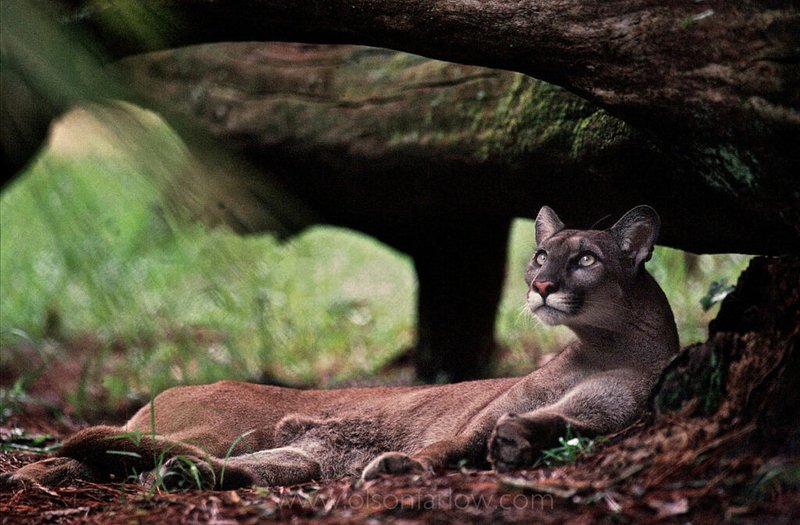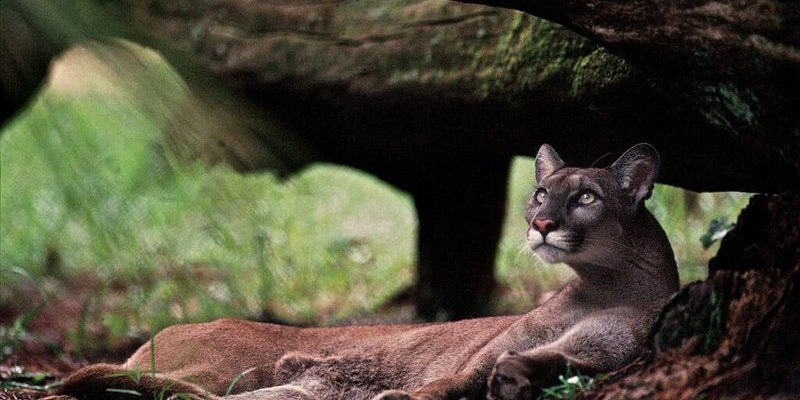
When thinking about panthers, we often picture sleek, powerful animals that command respect. They play a crucial role in keeping the populations of other animals in check—think of them as nature’s balance keepers. But, like many wildlife species, they face numerous challenges today. From shrinking habitats to poaching, the survival of these creatures hangs in the balance, prompting ongoing discussions and significant conservation efforts. So, let me explain what’s happening with panthers globally and why it matters to all of us.
Understanding Panther Species
You might be wondering, “What exactly is a panther?” Well, the term “panther” can refer to different big cats, depending on the region. In North America, it often refers to the Florida Panther—a subspecies of the cougar. In other places, it may denote the black leopard or black jaguar, which are known for their stunning black coats. While they all belong to the same family, the challenges they face can vary greatly.
Panthers play an essential role in their ecosystems. As apex predators, they help manage the population of herbivores, which in turn maintains the health of the vegetation in their habitats. But here’s the issue: many of these ecosystems are under threat, largely due to human activities like deforestation, urbanization, and agriculture. This means not only are panthers losing their territory, but their survival is also jeopardized as food sources dwindle.
The Conservation Status of Panthers
So, are panthers endangered? The short answer is yes, but the details matter. The Florida Panther, for instance, is classified as endangered by the U.S. Fish and Wildlife Service. Due to habitat loss and a shrinking gene pool, there are only about 120-230 individuals left in the wild. That’s a small number when you think about the vast area they once roamed.
On the other hand, the conservation status of black leopards varies depending on their location. While they may not be classified as endangered globally, specific populations face severe threats. Local extinction is a real risk due to poaching and habitat destruction. The takeaway is that while some panther populations are critically at risk, others may be doing a bit better, but they are still vulnerable.
Threats to Panther Populations
Now, let’s dig into the main threats panthers face. Understanding these challenges gives us insight into why conservation efforts are so vital. Here are the primary culprits:
- Habitat Loss: This is perhaps the biggest threat to panthers. As human populations expand, forests and grasslands are cleared for housing, agriculture, and industry.
- Poaching: Panthers are often hunted for their beautiful fur and body parts, which are valued in the illegal wildlife trade.
- Human-Wildlife Conflict: As humans encroach on panther habitats, encounters become more common. This can lead to retaliatory killings of panthers when they prey on livestock.
- Genetic Isolation: With fewer panthers left, a restricted gene pool can lead to health problems, making the species less resilient to disease.
Each of these threats contributes to the overall decline of panther populations, making conservation efforts crucial not just for their survival but for the health of their ecosystems as well.
Conservation Efforts in Action
You might be wondering what’s being done to help panthers. Thankfully, various organizations and governments are stepping up, working tirelessly to protect these magnificent creatures. Here are some effective strategies in play:
- Protected Areas: Establishing national parks and wildlife reserves helps ensure that panthers have safe habitats where they can roam freely.
- Public Awareness: Educational campaigns raise awareness about the plight of panthers, encouraging local communities to protect them and report any poaching activities.
- Wildlife Corridors: By building corridors that connect fragmented habitats, conservationists help reduce the genetic isolation of panther populations and allow them to thrive.
- Research and Monitoring: Ongoing research and tracking programs keep tabs on panther populations, providing data essential for effective conservation strategies.
These conservation efforts show promise, but they require ongoing support from both local and global communities. Every action counts, whether it’s a community rally, funding for wildlife management, or simply spreading the word about the importance of protecting these beautiful creatures.
How You Can Help
You might feel inspired to make a difference after hearing all this. Here are some simple ways you can contribute to panther conservation:
- Support Wildlife Organizations: Donations or even volunteering can make a big impact on the ground.
- Advocate for Policies: Supporting environmental legislation helps protect natural habitats and wildlife.
- Educate Others: Share what you’ve learned. The more people know, the more likely they are to take action.
- Change Personal Habits: Use resources wisely and reduce your carbon footprint to help combat climate change, which affects all wildlife.
Every small step towards conservation can create ripples of change, helping panthers and other wildlife thrive for generations to come.
The Bigger Picture: Ecosystem Health
Understanding why panther conservation matters goes beyond just saving one species. Panthers are integral to the ecosystems they inhabit. Their presence indicates a healthy environment, as they balance prey populations and contribute to biodiversity.
When we protect panthers, we also safeguard the myriad of other species that share their habitats. This interconnectedness is vital for maintaining healthy ecosystems, which ultimately benefits us as well. Cleaner air, clean water, and a stable climate all stem from healthy biodiversity.
So, is the panther endangered? Yes, and they need our help now more than ever. The road to recovery is challenging, but with dedicated conservation efforts, awareness, and community involvement, there’s hope for these majestic creatures.
Remember, every action counts. Whether it’s supporting organizations that protect panthers, spreading awareness, or simply appreciating their beauty, you can play a role in their conservation. Let’s come together to ensure that future generations can enjoy the wonder of panthers in the wild. Our planet—and the panthers—depend on it.

